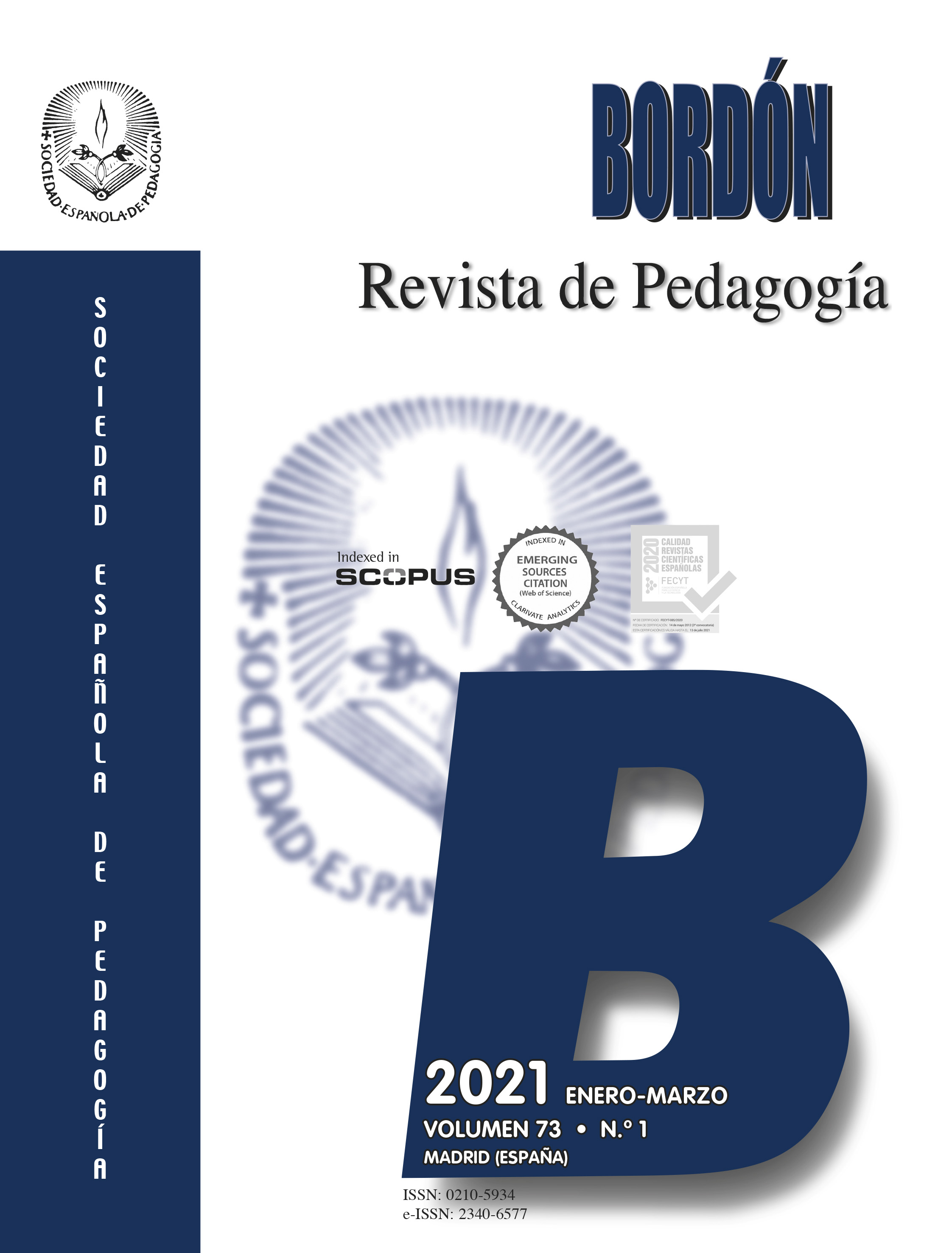Percepción de los estudiantes universitarios sobre la fiabilidad de la Wikipedia
Contenido principal del artículo
Resumen
INTRODUCCIÓN. La Wikipedia es la quinta página web más consultada del mundo, pero una de las críticas más habituales que recibe es su fiabilidad. Muchos expertos han indicado los problemas que han encontrado en esta enciclopedia en línea, editada por usuarios voluntarios de todo el mundo. En esta investigación hemos preguntado a los estudiantes universitarios que están cursando estudios de Educación sobre su percepción sobre la fiabilidad que tiene uno de los recursos que más utilizan para consultar información en Internet. MÉTODO. Para obtener los resultados se aplicaron tres instrumentos de obtención de datos. Estudiantes universitarios de toda España en estudios de educación cumplimentaron 1173 cuestionarios. Una vez se analizaron las respuestas, se creó un guion para realizar un grupo de discusión en la Universidad de Barcelona, y las respuestas de este sirvieron para crear el guion de las entrevistas que se realizaron a los editores de la Wikipedia. RESULTADOS. Se encontró una ligera correlación entre los conocimientos que tienen sobre ella, el uso que le dan, la importancia que le otorgan y su idea de fiabilidad. Los datos obtenidos nos permiten afirmar que los alumnos consultan habitualmente la Wikipedia, y la consideran muy útil y completa. Además, piensan que es fiable en muchos casos, pero tienen dudas sobre los datos que son fiables, tanto en la Wikipedia como en otras fuentes de información. Indicaron también que puede ser un recurso educativo válido, pudiendo utilizarse en contextos muy variados en diferentes niveles de formación. DISCUSIÓN. Los alumnos deben tener en cuenta que no se puede determinar globalmente si la Wikipedia es fiable o no, depende de muchos factores como la relevancia del artículo, su actualidad, los editores, las revisiones a las que ha sido sometido y el número de ediciones.

